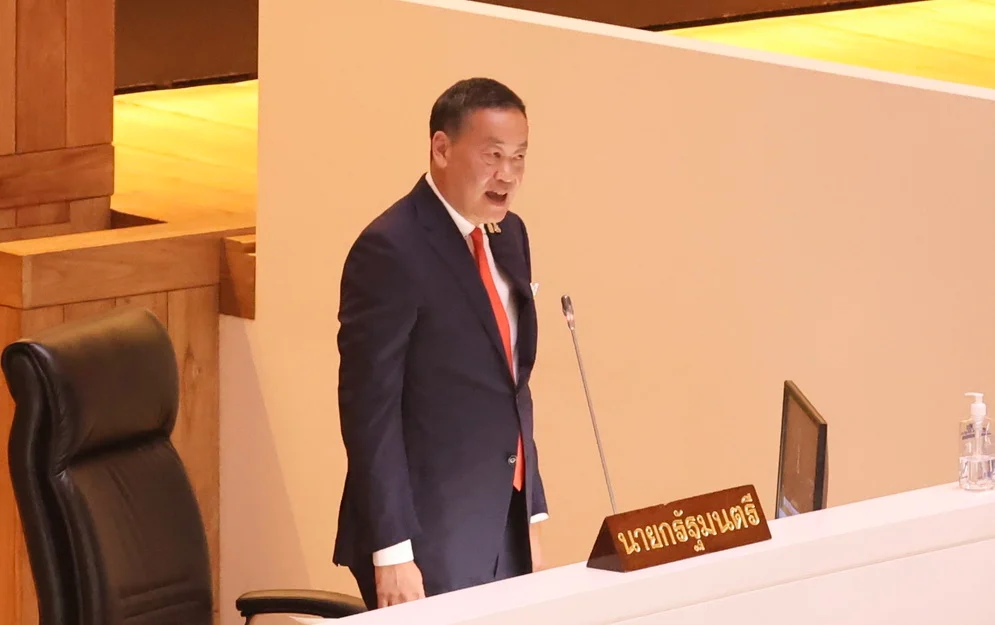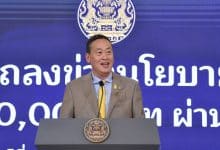Thailand’s government proposes swift minimum wage increase to 400 baht

Prime Minister Srettha Thavisin announced that the government will be pushing for a swift increase in the minimum daily wage to 400 baht, in a bid to assist workers grappling with rising living costs. The decision will be reached through negotiations between the government, employers, and workers to agree upon a reasonable amount.
The prime minister shared the plans during a Parliament debate on the government’s policy statement. The wage increase is part of the government’s economic stimulus measures, designed to bolster the financial well-being of Thailand’s workforce.
During the election campaign, the promise to increase the daily minimum wage to 600 baht by 2027 was a key pledge by the ruling Pheu Thai Party. The prime minister, who also holds the position of Minister of Finance, highlighted the country’s low unemployment rate, which stands at a mere 1%.
Despite this, the 61 year old prime minister acknowledged that the demand for labour remains high, necessitating a reliance on migrant workers. He emphasised the need to protect the rights and dignity of these workers and to provide them with welfare and safety. To this end, the government plans to establish a one-stop service centre to streamline their documentation process.
Srettha also outlined additional economic stimulation measures, including new tourism initiatives and reduced energy prices for households and logistics operators. He pledged to direct the Energy Ministry to take immediate steps to lower utility bills, reported Bangkok Post.
Responding to criticism from Sia Jampathong, a Move Forward Party MP who expressed disappointment over the lack of a detailed labour policy, the prime minister reassured that the government was not blind to the struggles of the people. He mentioned that the government’s relief measures extend to various transport operators, including motorcycle taxi drivers, taxi drivers, and delivery riders.
The prime minister also addressed the longstanding complaints from taxi drivers about their unchanged starting fares of 35 baht. Recognising their lack of coverage under labour laws, the prime minister has tasked Minister of Labour Phiphat Ratchakitprakarn with investigating the issue.
Moreover, the government intends to ensure fair rates for taxi drivers who operate both motorcycles and cars. To assist these drivers, the Transport Ministry will explore the feasibility of developing a government-owned ride-hailing application.
Sia Jampathong urged the prime minister to expedite the implementation of a 600-baht daily minimum wage increase and a 25,000-baht salary for graduates with bachelor’s degrees. He pressed for clear timelines for these initiatives.
Suchart Chantaranakaracha, the vice-chairman overseeing labour affairs at the Federation of Thai Industries, noted that any wage increase must first be approved by the tripartite national wage committee, which includes representatives from various state agencies, employers, and employees. Factors such as inflation, labour productivity, employers’ ability to pay wages and economic growth must all be taken into account.
Currently, the daily minimum wage varies across provinces, ranging from 328 baht to 354 baht. The most recent wage increase took effect in October of last year, with the highest daily rate of 354 baht approved for Chon Buri, Rayong, and Phuket.
Follow more of The Thaiger’s latest stories on our new Facebook page HERE.
Latest Thailand News
Follow The Thaiger on Google News:


























